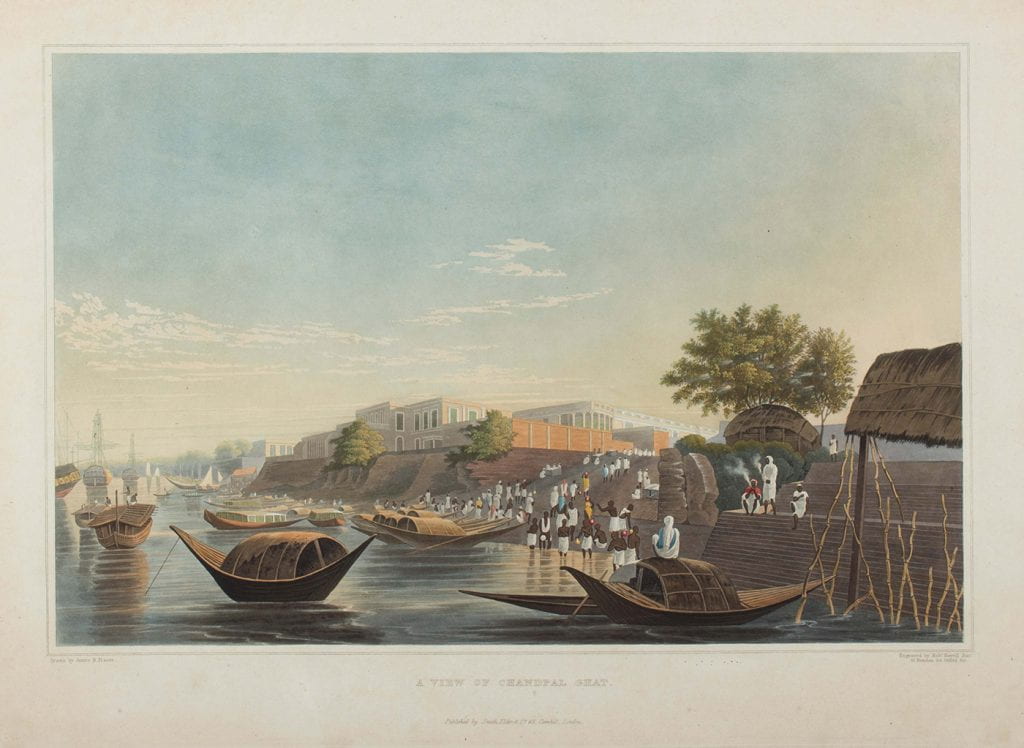Today, the International Society for Krishna Consciousness (ISKCON) runs over five hundred centers, dozens of vegetarian restaurants, thousands of local meeting groups, and has millions of followers around the world.

How has ISKCON marketed itself to attract devotees using mantra lounges and yoga studios in Philadelphia and New York? What has it done to rebrand the movement and to recast its message to attract new followers? Nicole Karapanagiotis (Religion and Philosophy, Rutgers University-Camden) explores these questions in Branding Bhakti: Krishna Consciousness and the Makeover of a Movement (Indiana University Press, 2021).
Join us for the next Conversations on South Asia series event on Tuesday, December 7 from 12:15–1:15 pm (EST) to hear the author answer these questions.
Mara Einstein (Media Studies, Queens College) and Reiko Ohnuma (Religion, Dartmouth) will be joining the conversation, moderated by Elizabeth Lhost (History, Dartmouth).
Register online to attend the zoom webinar.
Event attendees can use the promo code SAVE30 to receive a 30% discount when ordering a copy of the book from IUPress.org.
The Conversations on South Asia Series is sponsored by the Bodas Family Academic Programming Fund, the Asian Societies, Cultures, and Languages Program, and the Department of History at Dartmouth College.
All are welcome to attend.





